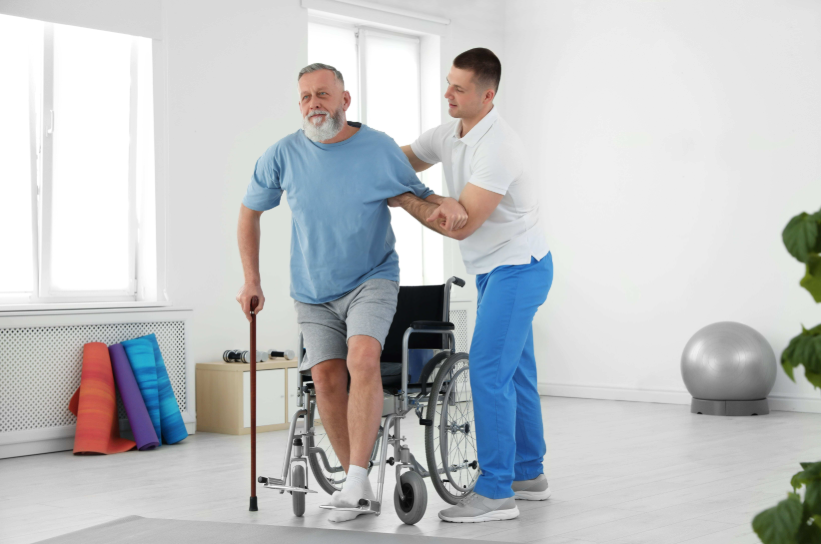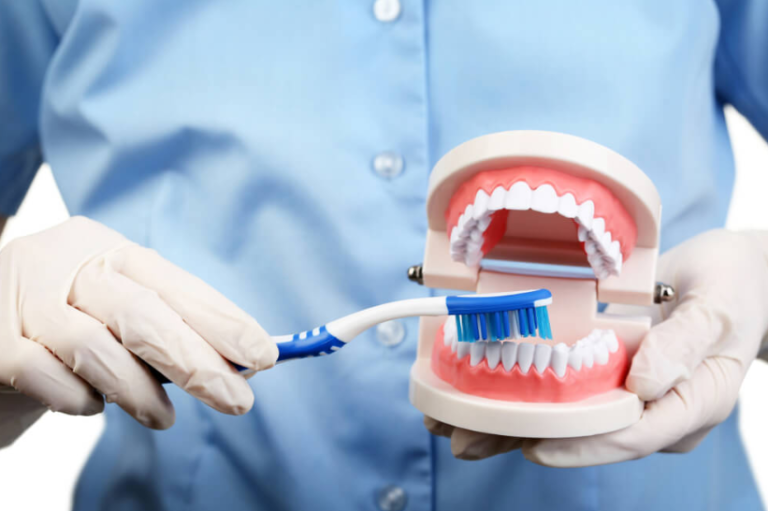Real-Life Recovery: How Residential Neuro‑Rehab Restores Independence
In the aftermath of a traumatic brain injury, stroke, or neurological illness, the path to recovery can seem overwhelming. While hospital care addresses immediate medical concerns, long-term recovery often requires a more personalized, holistic approach. This is where residential neuro-rehabilitation plays a vital role—providing structured, 24-hour support designed not only to heal the brain but also to rebuild lives.
What Is Residential Neuro-Rehabilitation?
Residential neuro-rehabilitation is a specialized program that helps individuals recovering from neurological injuries regain their independence in a supportive, home-like environment. Unlike traditional outpatient therapy, these programs offer round-the-clock care with an interdisciplinary team that typically includes neurologists, physical therapists, occupational therapists, speech-language pathologists, psychologists, and social workers.
The goal isn’t just to treat symptoms—it’s to help individuals regain the functional skills they need to lead fulfilling, autonomous lives.
A Holistic Approach to Healing
The hallmark of residential neuro-rehabilitation is its comprehensive, person-centered model. Each patient’s program is tailored to their unique needs and goals. For example:
- Physical therapy helps individuals recover mobility, balance, and strength.
- Occupational therapy focuses on relearning everyday activities like cooking, dressing, and personal hygiene.
- Speech and cognitive therapy support communication and memory recovery.
- Neuropsychological counseling addresses mood disorders, anxiety, and cognitive challenges common after brain injuries.
By integrating these therapies into daily routines, patients not only practice their skills—they live them. Over time, this immersive model helps the brain “re-learn” and adapt, a process known as neuroplasticity.
The Power of a Structured Environment
One of the most significant benefits of residential neuro-rehabilitation is its structure. After a brain injury, many individuals struggle with time management, impulse control, or sequencing tasks. Residential programs provide:
- Consistent routines that aid cognitive retraining.
- Supervised independence, encouraging decision-making in a safe setting.
- Peer support, where patients share experiences, build relationships, and motivate each other.
This environment mimics real-life situations in a controlled way, helping participants prepare for the eventual transition back to home or community living.
Real-Life Success Stories
Consider the case of Mark, a 45-year-old father of two who suffered a severe stroke. After weeks in the ICU and inpatient rehab, he was discharged—but daily life felt impossible. He struggled with memory loss, balance issues, and mood swings.
Mark entered a residential neuro-rehabilitation center where he received tailored therapies six days a week. His therapists helped him re-learn daily tasks, his psychologist guided him through emotional regulation, and social workers prepared his home for his eventual return.
Six months later, Mark moved back in with his family. He still receives outpatient therapy, but thanks to the intensive residential care, he can cook, walk independently, and even drive again. His story isn’t unique—residential neuro-rehab helps thousands achieve similar milestones every year.
See also: How to Protect Your Rights After a Delivery Truck Accident
Who Can Benefit?
Residential neuro-rehabilitation is appropriate for individuals recovering from:
- Traumatic brain injuries (TBIs)
- Stroke
- Spinal cord injuries
- Multiple sclerosis
- Parkinson’s disease
- Other neurological disorders
It is particularly beneficial for those who need more support than outpatient therapy can provide, but no longer require hospital-level care.
Restoring Confidence and Control
The journey from dependence to independence is rarely linear, and recovery looks different for everyone. But one constant is the transformative role of a supportive environment—physically, emotionally, and socially.
Residential neuro-rehabilitation empowers individuals not just to recover, but to rediscover themselves. Whether it’s brushing their teeth without help, having a conversation without searching for words, or preparing their own meals again—these victories, though small, are deeply meaningful.
Final Thoughts
Residential neuro-rehabilitation stands as a beacon of hope for those navigating the complex path of neurological recovery. By offering structured, multidisciplinary care in a residential setting, these programs make real-life recovery not only possible but practical. In many cases, they’re the bridge between surviving and truly living again.






